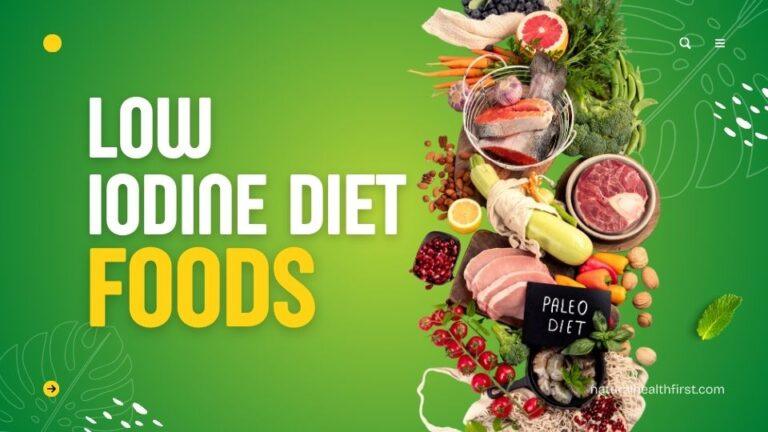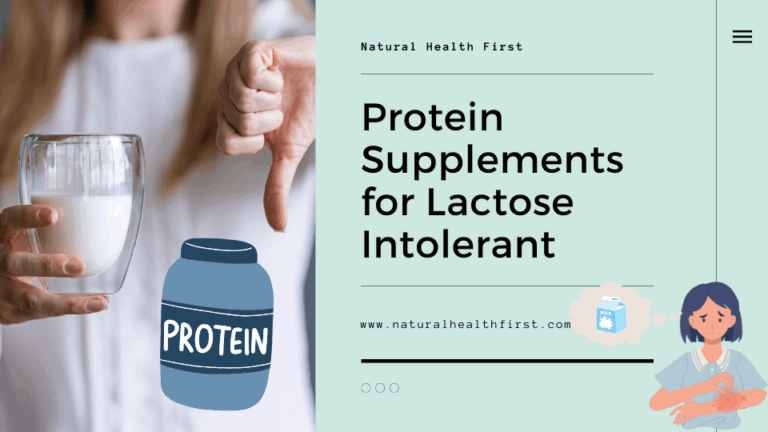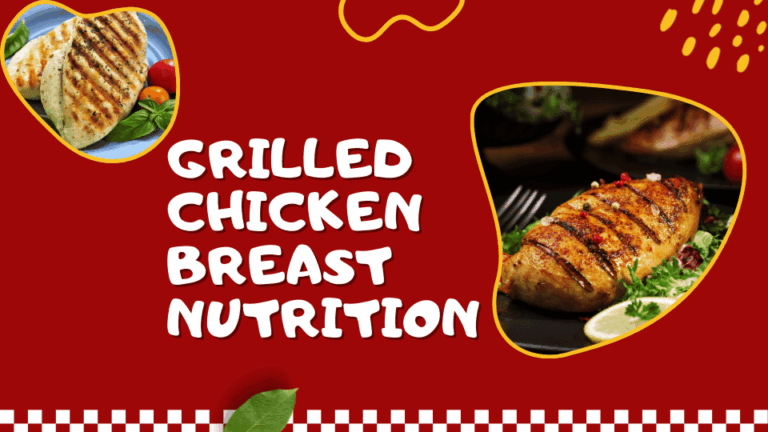String cheese is a popular dairy snack loved for its convenience, taste, and unique texture. But how does it stack up nutritionally? Is it a healthy choice for everyday snacking or weight management? This comprehensive guide delves into the nutritional value, benefits, potential drawbacks, comparisons with other cheeses and snacks, and practical tips to include string cheese in your diet.
String Cheese Nutrition
String cheese has become one of the most popular snack options for children, athletes, and adults alike. Its convenience, portability, and reputation as a “healthy cheese snack” make it an easy go-to choice for school lunches, road trips, and office breaks. But what exactly does string cheese nutrition look like, and is it really as healthy as many people believe?
In this comprehensive article, we will explore the nutritional profile of string cheese, the health benefits and drawbacks, comparisons with other cheeses, its role in diets like keto and weight management, and how it fits into everyday nutrition. You’ll also discover useful statistics, serving ideas, and practical health tips.
What Is String Cheese?
String cheese is a type of cheese manufactured to allow the cheese to separate along its natural protein strands, creating a stringy texture. Usually made from mozzarella or its variants, string cheese offers the same nutritional benefits as traditional cheeses but with a fun, portable format.
Typically sold in individual sticks weighing about 28 grams (1 oz), string cheese is prized for its convenience, portion control, and satisfying nature.

Nutritional Breakdown of String Cheese
Here’s a standard nutritional profile for 1 stick (28 grams) of typical string cheese:
| Nutrient | Amount Per Serving (28g) | % Daily Value* |
|---|---|---|
| Calories | 80-85 kcal | 4% |
| Total Fat | 6 g | 8-9% |
| Saturated Fat | 3-3.5 g | 15-18% |
| Cholesterol | 15-20 mg | 5-7% |
| Sodium | 170-200 mg | 7-9% |
| Total Carbohydrates | 1-2 g | 0.5-1% |
| Sugars | 0.3-1 g | – |
| Dietary Fiber | 0 g | 0% |
| Protein | 6-7 g | 12-14% |
| Calcium | 190-215 mg | 15-20% |
| Vitamin B12 | 20% DV | – |
| Selenium | 14% DV | – |
| Phosphorus | 12% DV | – |
| Zinc | 9% DV | – |
| Vitamin A | 5-7% DV | – |
*DV based on a 2,000 calorie diet.
The protein content per stick is significant, making string cheese an excellent snack option to meet daily protein goals. Its calcium and vitamin B12 content also contribute to bone health and neurological function, respectively.
Key Nutritional Highlights
1. Protein Powerhouse
String cheese provides about 6-7 grams of high-quality protein per stick. Protein is essential for muscle repair, satiety, metabolic rate, and immune function. For perspective, the average daily recommended protein intake is around 50 grams for adults, so one stick covers about 12-14%.
2. Good Source of Calcium
Calcium supports bone strength, muscle contraction, and nerve function. A single serving of string cheese gives roughly 15-20% of daily calcium needs, making it a bone-friendly snack.
3. Rich in Vitamin B12 and Selenium
Vitamin B12 plays a vital role in red blood cell formation and brain health, while selenium is a powerful antioxidant supporting immune defenses.
Fat and Sodium Considerations
String cheese contains moderate saturated fat (~3.5 g) and sodium (~180 mg) per serving, which should be factored into your overall dietary intake, especially if you are monitoring cholesterol or blood pressure.
String Cheese vs. Other Cheese Types: Nutrition Comparison
| Cheese Type | Serving Size | Calories | Protein (g) | Fat (g) | Calcium (%DV) | Sodium (mg) |
|---|---|---|---|---|---|---|
| Mozzarella (String) | 28 g | 80-85 | 6-7 | 6 | 15-20% | 170-200 |
| Cheddar | 28 g | 110 | 7 | 9 | 20% | 180 |
| Cottage Cheese | 100 g | 98 | 11 | 4.3 | 10% | 364 |
| Swiss Cheese | 28 g | 106 | 8 | 8 | 22% | 50 |
| Parmesan | 28 g | 110 | 10 | 7 | 33% | 450 |
String cheese fits well within cheese nutrition norms, with slightly fewer calories than hard cheeses like cheddar due to its low moisture content and softer texture.
Benefits of String Cheese in a Balanced Diet
A Convenient Protein Snack
Its portability and individual packaging make string cheese ideal for on-the-go snacking, tackling mid-meal hunger while supporting muscle maintenance.
Supports Bone & Immune Health
High levels of calcium and selenium aid skeletal strength and antioxidant defense—important for active lifestyles and aging adults.
Low Carbohydrates and Keto-Compatible
With only ~1-2 grams of carbs, string cheese suits low-carb and ketogenic dietary patterns while adding satiety through fat and protein.
Satiety and Weight Management
High-protein, moderate-fat composition slows digestion and reduces appetite, aiding weight control efforts.
Explore additional weight loss-friendly foods in our article can boiled pierogies be healthy for weight loss.
Potential Drawbacks and Considerations
- Sodium Content: While not excessive, people on sodium-restricted diets should monitor intake.
- Saturated Fat: Moderation is key, especially for cardiovascular health concerns.
- Lactose Sensitivity: String cheese is relatively low in lactose but may still cause discomfort in those who are very sensitive.

String Cheese and Special Diets
| Dietary Preference | Compatibility | Notes |
|---|---|---|
| Keto | Yes | Low carb, high fat and protein |
| Gluten-Free | Yes | Naturally gluten-free |
| Vegetarian | Usually, based on rennet source | Check for microbial rennet if vegetarian |
| Low FODMAP | Generally yes | Small serving size to avoid symptoms |
| Dairy-Free/Vegan | No | Traditional string cheese is dairy-based |
String Cheese Alternatives
If you seek lower sodium, reduced fat, or plant-based options:
- Reduced-fat string cheese variants
- Cottage cheese or ricotta for softness and protein
- Plant-based cheese sticks made from nuts or soy (watch for protein and fat content differences)
- Hard cheeses in small portions
Practical Tips to Incorporate String Cheese
- Pair with fruit or whole-grain crackers for balanced snacks.
- Use as protein topping in salads or wraps.
- Include in children’s lunchboxes for convenient nutrition.
- Combine with nuts for sustained energy during workouts.
Interesting Data & Trends About Cheese Consumption
- Cheese consumption in the U.S. rose by 5% over the last 5 years, highlighting growing demand for convenient, high-protein snacks.
- Over 30% of adults cite portable proteins like string cheese as a go-to snack for weight management.
- Calcium deficiency remains a common nutrient gap worldwide; dairy snacks like string cheese help bridge that gap.
Conclusion: Is String Cheese Healthy?
String cheese is a nutrient-dense, convenient snack loaded with protein, calcium, and vital micronutrients. It fits well into varied dietary lifestyles and supports muscle health and bone strength when consumed mindfully. Pay attention to sodium and saturated fat content relative to your total diet.
For a comprehensive understanding of balanced nutrition beyond snacks, browse our growing nutrition category and discover recipes and plans that complement your lifestyle goals. Whether aiming for weight management, athletic performance, or overall wellness, string cheese can be an enjoyable, nutritious tool in your diet.
FAQs – Frequently Asked Questions
Is string cheese a healthy snack option?
Yes, string cheese is a convenient and healthy snack. It is rich in protein, calcium, and essential nutrients while being relatively low in calories compared to many processed snacks.
How many calories are in one stick of string cheese?
A typical stick of mozzarella string cheese contains about 70–90 calories. The exact amount may vary depending on the brand and whether it’s full-fat, part-skim, or low-fat.
Does string cheese have a lot of protein?
Yes, one stick of string cheese generally provides 6–8 grams of protein, making it a satisfying snack that helps support muscle repair, energy, and appetite control.
Can string cheese be part of a weight loss diet?
Absolutely. String cheese is portion-controlled, high in protein, and can keep you fuller for longer, making it a smart addition to a weight loss meal plan.
Is string cheese suitable for people with lactose intolerance?
Many string cheeses, especially mozzarella, are naturally lower in lactose. People with mild lactose intolerance can often tolerate them, but sensitivity varies by individual.






